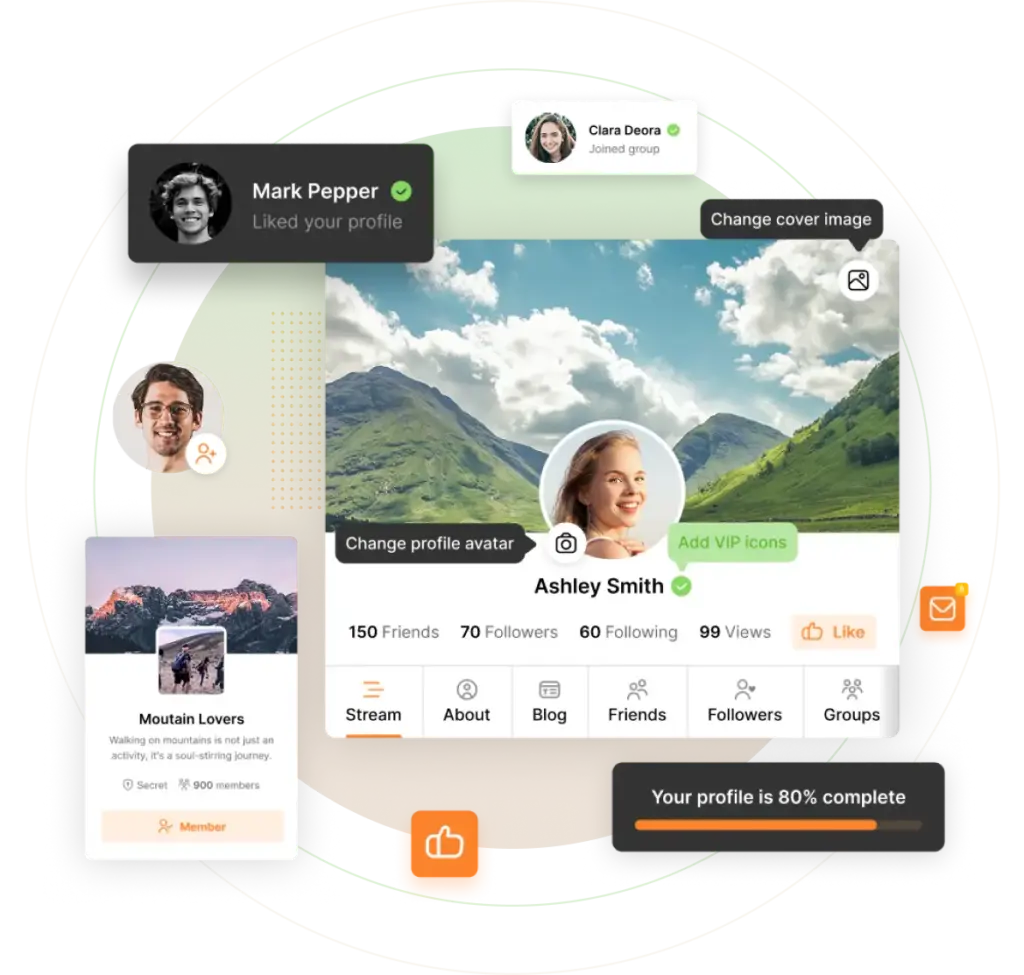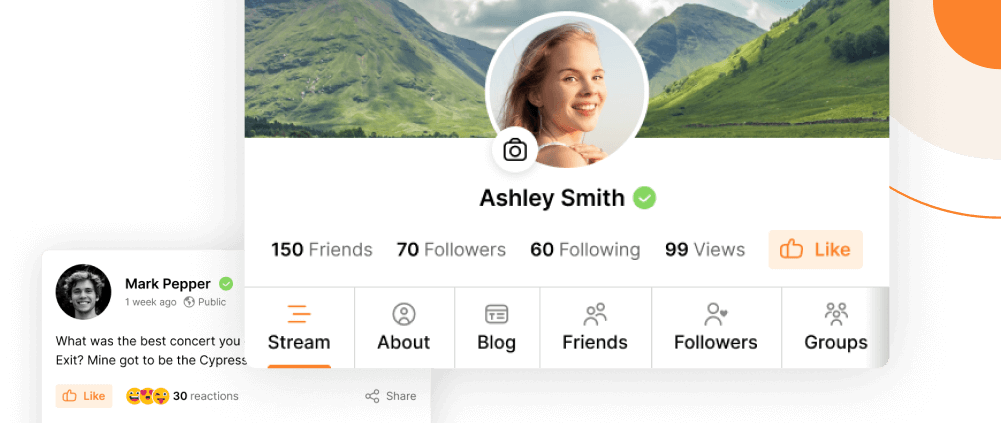Facebook is, for the most part, not a particularly good representation of what people’s lives are really like; their profiles represent how they want to be perceived. A happy marriage, a busy social life, an image constructed through careful filtering of content.
But what happens when the image we want to portray to our personal connections doesn’t match up to what we want to send out to our professional ones? That profile picture of you and your partner at a festival covered in mud might make for a great anecdote and paint your life the way you want your friends to see it, but it’s not going to look so great to your customers or a prospective employer. You may be out and proud to your friends and family with your religion, sexuality, veganism etc., but don’t want your co-workers to judge you (or even worse, fire you) based on those attributes. If you work in the justice system, you probably don’t want people you’ve sent to jail knowing your daughter’s name or what suburb you live in.
People navigate these issues in a variety of ways; some will create two profiles, one for work and one for family and friends. Switching between accounts can be time consuming, and not everyone will get the message about which profile they should add. Some will carefully filter content and adjust their privacy settings to make sure that only certain people are seeing certain content; but this can be restrictive in terms of letting old friends find you, or letting people share content (eg, photos that they’re also in). Others decide it’s just too difficult, and the risks outweigh the benefits of belonging to a large social network.
Smaller, privately owned social networks are a great way forward if you want to keep the different parts of your life separate. Want to share things with just family, and not worry about anyone else finding your profile? Set up your own little corner of the web. Need a space where you can connect with your clients, and have complete control over what they see, and how they interact with you? A private social network keeps your work and personal lives completely separate. And further, when it’s your own social network, you understand what “private” really means. You know exactly who is on the network, and how they can find you; plus, PeepSo’s own privacy policy is crystal clear.




Reactions & comments
Comments